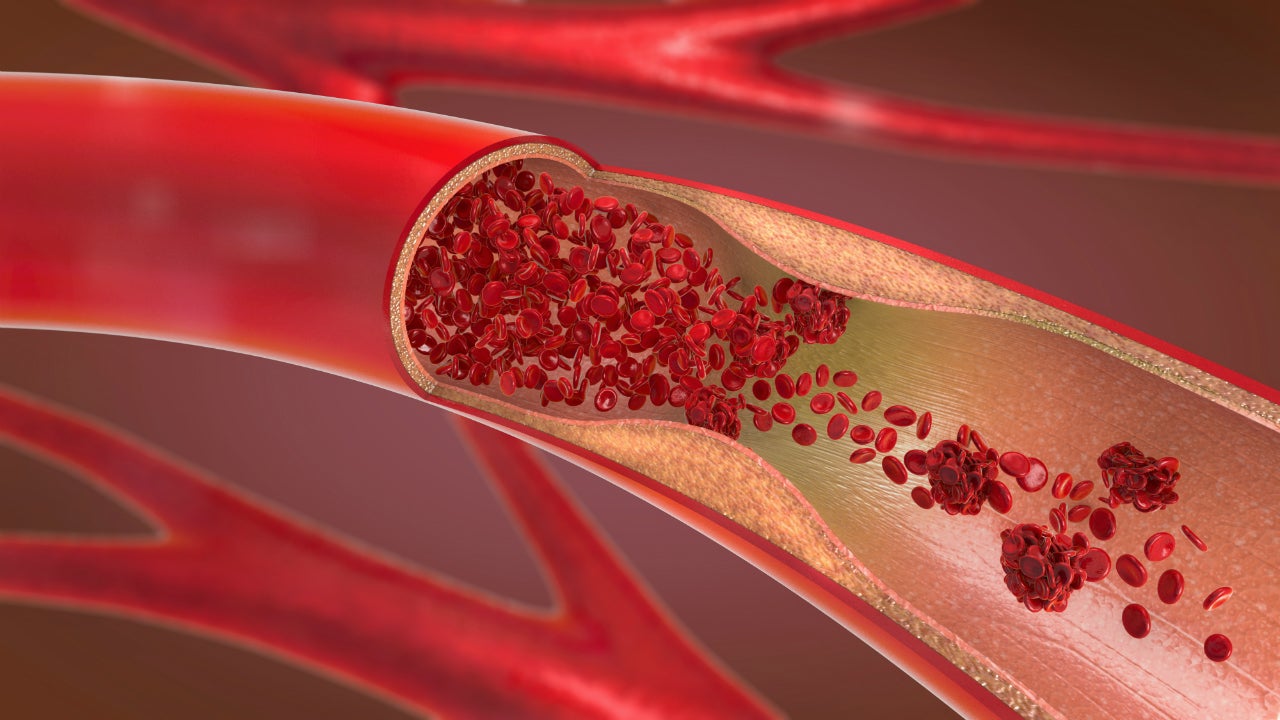
Boston Scientific has received the approval of the Food and Drug Administration (FDA) for the Ranger Drug-Coated Balloon (DCB) to treat patients with peripheral artery disease (PAD) in the superficial femoral artery (SFA) and proximal popliteal artery (PPA).
PAD is a circulatory problem, in which plaque builds up in arteries. It leads to narrowing of arteries and reduced blood flow to limbs.

Discover B2B Marketing That Performs
Combine business intelligence and editorial excellence to reach engaged professionals across 36 leading media platforms.
The Ranger DCB has a low therapeutic drug dose and coating, which transfers the drug into the tissue.
It results in high primary patency rates and low systemic drug exposure for patients.
With the low-profile platform of the balloon, clinicians will be able to perform streamlined procedures and navigate smoothly through challenging anatomy to provide consistent therapy.
Boston Scientific Peripheral Interventions president Jeff Mirviss said: “This approval allows us to bring more treatment options with exceptional outcomes and proven safety to US physicians and their patients who are facing this challenging disease.

US Tariffs are shifting - will you react or anticipate?
Don’t let policy changes catch you off guard. Stay proactive with real-time data and expert analysis.
By GlobalData“Adding the Ranger DCB to our drug-eluting portfolio, which also includes our Eluvia Drug-Eluting Vascular Stent System, reinforces our commitment to providing differentiated technology with strong clinical evidence that supports data-driven treatment decisions for millions of patients, suffering from PAD worldwide.”
The FDA approval is backed by results from the RANGER II SFA trial, which evaluated the Ranger DCB’s safety and effectiveness versus standard percutaneous transluminal angioplasty (PTA) in PAD patients.
Data from the randomised controlled trial showed that the primary safety endpoint of 12-month freedom from major adverse events (MAE) was 94.1% for patients treated with the Ranger DCB.
Furthermore, those who received the therapy reported a significantly lower target lesion revascularisation rate.
The trial’s primary efficacy endpoint of 12-month binary primary patency was 82.9% for the Ranger DCB.
The device also demonstrated nearly 90% primary patency in the COMPARE trial.
In September, Boston Scientific announced the limited launch of the enhanced ACURATE neo2 aortic valve system in Europe.





